Pictures
FROM AN
Institution
A Comedy by
Randall Jarrell
THE UNIVERSITY OF CHICAGO PRESS
Chicago & London
Pictures from an Institution is a work of fiction. The details, the names, the characters, and the Institution are not intended to, and do not, relate to any existing institution or to any real persons living or dead.
The University of Chicago Press, Chicago 60637
The University of Chicago Press, Ltd., London
1952, 1953, 1954 by Randall Jarrell
All rights reserved. Published 1954
University of Chicago Press edition 1986
Printed in the United States of America
19 18 17 16 15 14 13 12 11 10 7 8 9 10 11
ISBN-13: 978-0-226-39375-9
ISBN-10: 0-226-39375-5
ISBN-13: 978-0-226-12052-2 (e-book)
Library of Congress Cataloging-in-Publication Data
Jarrell, Randall, 19141965.
Pictures from an institution.
I. Title.
PS3519.A86P5 1986
811'.52
85-20965
 The paper used in this publication meets the minimum requirements of the American National Standard for Information SciencesPermanence of Paper for Printed Library Materials, ANSI Z39.48-1992.
The paper used in this publication meets the minimum requirements of the American National Standard for Information SciencesPermanence of Paper for Printed Library Materials, ANSI Z39.48-1992.
TO Mary AND Hannah
I.
The President, Mrs., AND Derek Robbins
1.
HALF THE campus was designed by Bottom the Weaver, half by Ludwig Mies van der Rohe; Benton had been endowed with one to begin with, and had smiled and sweated and spoken for the other. A visitor looked under black beams, through leaded casements (past apple boughs, past box, past chairs like bath-tubs on broomsticks) to a lawn ornamented with one of the statues of David Smith; in the months since the figure had been put in its place a shrike had deserted for it a neighboring thorn tree, and an archer had skinned her leg against its farthest spike. On the table in the Presidents waiting-room there were copies of Town and Country, the Journal of the History of Ideas, and a small magazinea little magazinethat had no name. One walked by a mahogany hat-rack, glanced at the coat of arms on an umbrella-stand, and brushed with ones sleeve something that gave a ghostly tinklefour or five black and orange ellipsoids, set on grey wires, trembled in the faint breeze of the air-conditioning unit: a mobile. A cloud passed over the sun, and there came trailing from the gymnasium, in maillots and blue jeans, a melancholy procession, four dancers helping to the infirmary a friend who had dislocated her shoulder in the final variation of The Eye of Anguish.
In this office Constance Morgan had been, for a year, the assistant to the secretary of the President; this was her last day.
Her job was like most jobs, except for its surroundings: either she did what she did not want to do, or wished that she had it left to do. By four oclock there was nothing left. She sat in uneasy content, in easy discontentshe could not tell, for a moment; then she remembered and laughed at herself. She picked an envelope from the top of one pile, put it on the top of another, and took a last last look through the drawers of the desk. Dr. Rosenbaums old St. Bernards voice came to her from the tennis courts, and she felt once more the pleasure she always felt at any reminder that he existed; she saved for him St. Augustines best sentence: I want you to be. Two voices from the Presidents officethe Presidents, Gertrude Johnsonsshe heard with different feelings; she could not have said exactly what they were.
2.
GERTRUDE JOHNSON was, of course, the novelist; she had come to Benton six and a half months ago, late in the fall, to replace a new teacher of creative writing who had proved unexpectedly unsatisfactory. Gertrude had, as her enemies put it, a hard heart and a sharp tongue, but her heart was softened a little, and her tongue dulled, at her first interview with the President of Benton, Dwight Robbins. He was a nice-looking and informal and unassuming man, a very human one, as he sat there on the edge of his desk, in the winter sunlight of his office; she feltpeople could not help feeling as soon as they met President Robbinsas if she had just taken a drink. Everything was blurred a little with attractiveness, and she almost believed, as she did not ordinarily, in Friendship at First Sight. President Robbins wore a simple, grey flannel, undergraduates suit; his fair hair kept flopping in his face; in spite of once having been a diver in the Olympics, he gave an impression of slightness. He had what novelists used to call an engaging grin, but it was engaging; one liked the way the skin crinkled around his eyes. Gertrude tried to think of a word for him, and did: the word was boyish.
The President, for his part, saw a short slight woman who was from head to foot, except for her pale blue eyes, a pale, pale, almost wholly unsaturated brown. Her lips were painted a purplish maroon; she had put on no other make-up. She wore her hair more or less as our mothers wore it; her features, as far as one could distinguish them, were undistinguished. Then one noticed that she had an obstinate Irishor, perhaps, an obstinate apishupper lip. Her face seemed a ground on which anything could figure: one felt that when she wore new earrings her husband, the children in the street, and the blind beggar on the corner would congratulate her on them. This is what you saw. Yet when you knew her how different it all looked; Gertrudes spirit shone through her body as though the body were an old pane of glass, and you thought, My God, how could I have been so blind!
They talked a little (Gertrude in her anomalous Southern speech, President Robbins in Standard American) about the job he was offering her. The salary was not what either would have wished it, but he explained why it couldnt be in a way that was new to her: his married alumnae either died before their husbands, who left money to their own colleges, or else on their husbands deaths left money to the husbands colleges as memorials; and his unmarried alumnae left their money to cats and dogs and causes. Gertrude and the President laughed. Gertrude had not met a great many college presidents, but she knew from fiction, conversation, and Reason what all of them are like; President Robbins was different.
The job seemed unusually undemanding: one taught classes only twice a week, and did the rest of ones work in individual talks or conferences with the students. Gertrude smiled and said, Theres nothing Id rather do than talk. It was true.
President Robbins laughedhe admired franknessand said heartily: Good! Then Benton is certainly the place for you. They both sounded a little too hearty, but they knew that one necessarily sounds that way in such circumstances: who comments on the weather with all the lack of interest that he really feels?
Gertrude was, as novelists say, between novels; she had taught writing once at an old-fashioned, high-schoolish college in Missouri, and knew that after it Benton would be a breeze. The President seemed to feelseveral sentences implied itthat she would be a great acquisition to Benton; this was so, of course, but she was pleased that he both knew it and showed that he knew it. They arranged everything: President Robbins took her back to the station in one of the schools cars, and they had a drink on the way; late that week Gertrude and her husband found an apartment in Mount Pleasant, the little city that Benton lay at the edge of, and on Monday of the next weeka snowy MondayGertrude taught her first class at Benton.
Now she had taught her last class there, thank God! Suffused in summer, blind with bliss, she sat saying goodbye to President Robbins; and President Robbins, blind with bliss, sat saying goodbye to Gertrude Johnson. Constance, in the office outside, could not help hearing every word of their somewhat self-conscious, wholly delighting voices; they both sounded a little hearty, but they knew that one necessarily sounds that way in such circumstances.
Next page
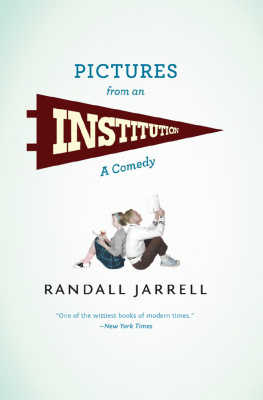
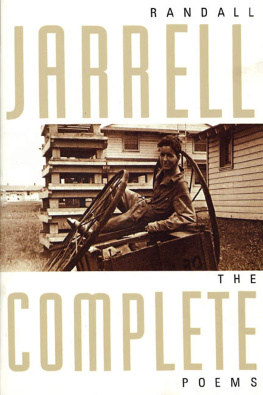
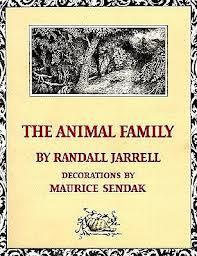


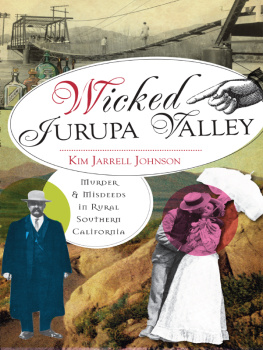
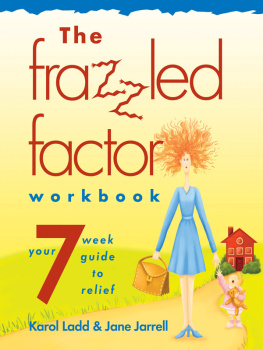




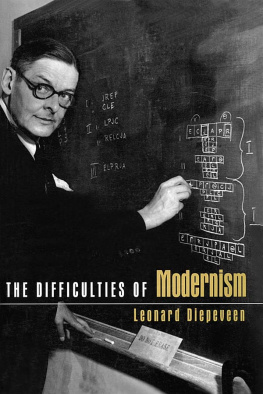

 The paper used in this publication meets the minimum requirements of the American National Standard for Information SciencesPermanence of Paper for Printed Library Materials, ANSI Z39.48-1992.
The paper used in this publication meets the minimum requirements of the American National Standard for Information SciencesPermanence of Paper for Printed Library Materials, ANSI Z39.48-1992.